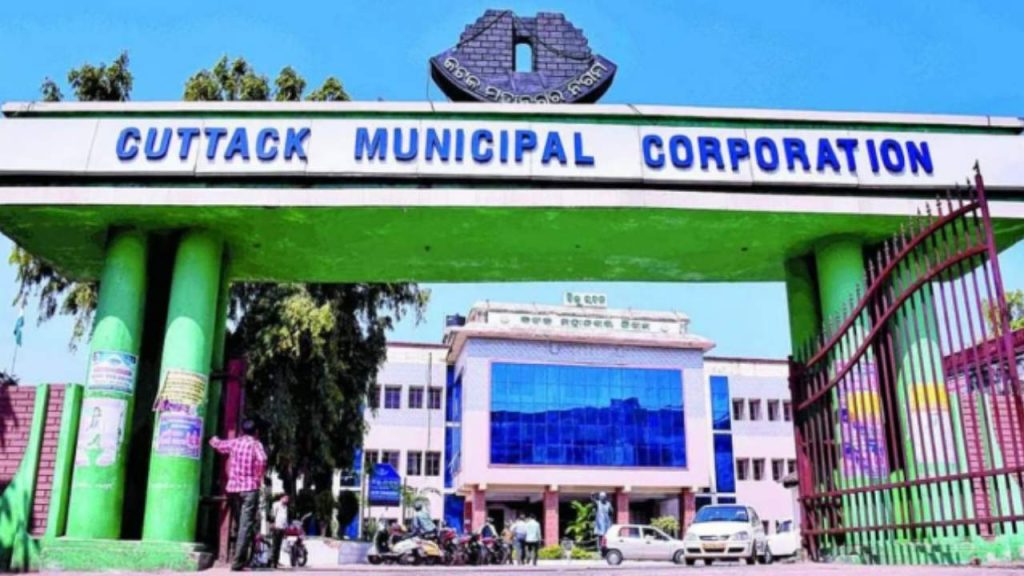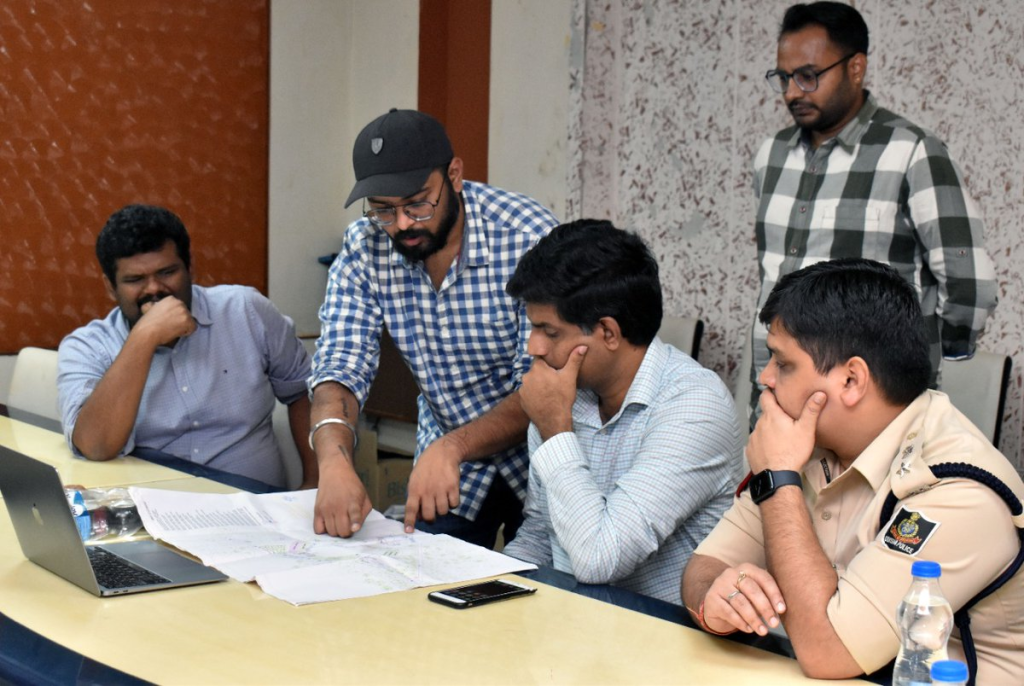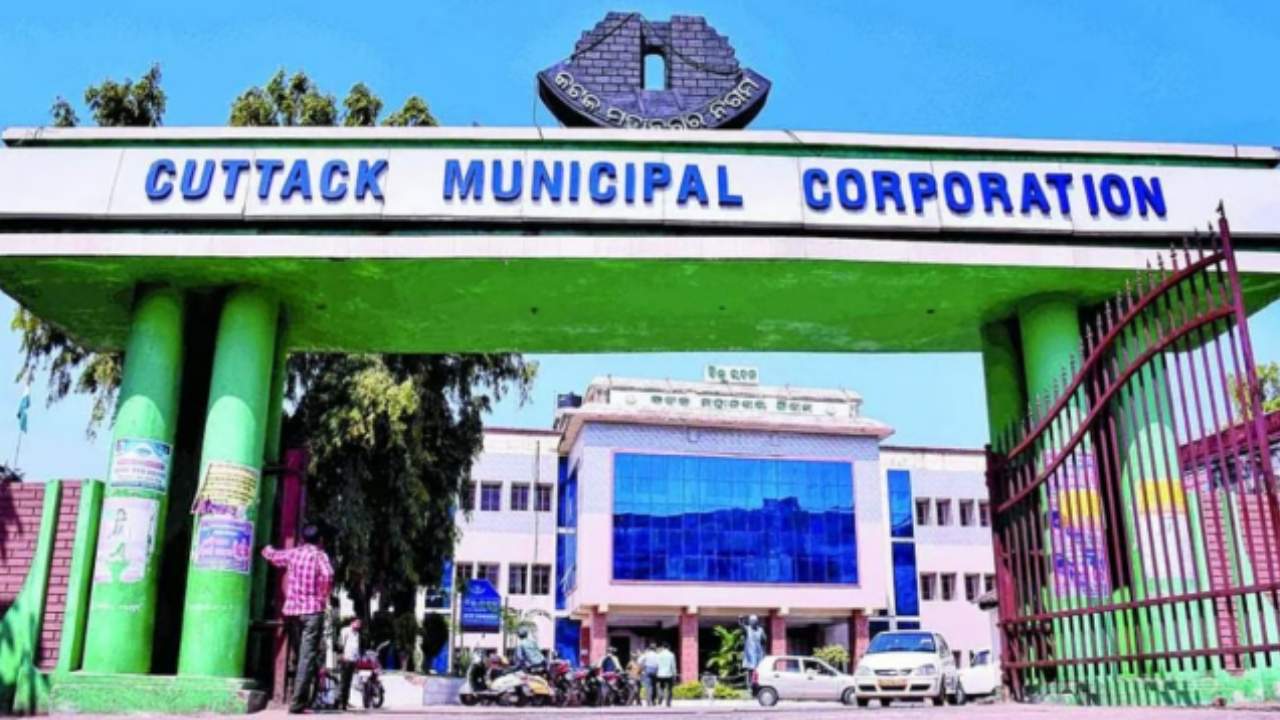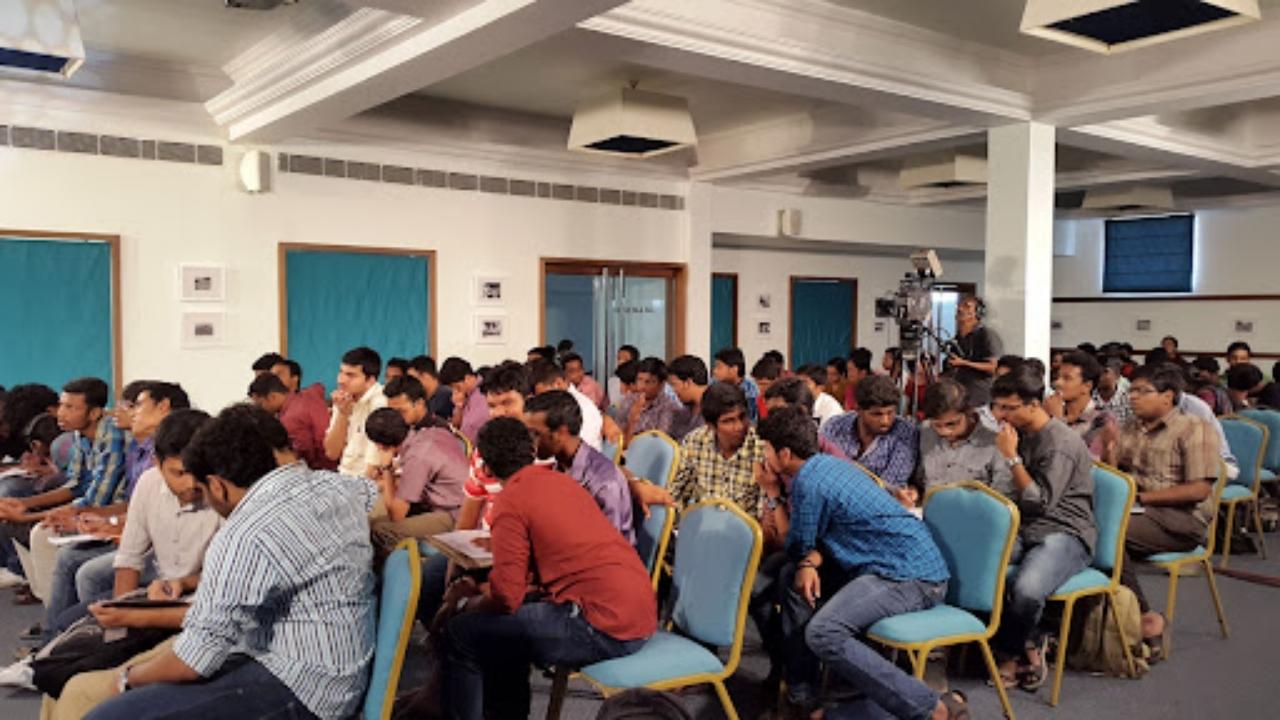In a bold and decisive move, Kirandeep Kaur Sahota, the Commissioner of Cuttack Municipal Corporation (CMC), has taken swift action against employees who have been repeatedly tardy in their duties. On July 29, 2025, she issued show-cause notices to 31 employees, including some senior officials like Joint Commissioner Barendra Mohanty, for their failure to adhere to punctuality standards. This action has stirred up a conversation around employee discipline, responsibility, and the role of public servants in maintaining the smooth functioning of municipal services.

The CMC’s decision to address lateness head-on reflects a growing concern over workplace productivity and the need for more accountability within governmental organizations. It’s a move that speaks not only to Cuttack’s specific needs but also to a broader national issue around public sector efficiency. In this article, we’ll break down what happened, why it’s important, and what lessons we can all learn from it. Whether you’re a public servant, a business owner, or just someone interested in how local governments operate, this article will give you insights into the workings of municipal governance.
CMC Commissioner Acts Swiftly on Latecomers
| Event | Date | Key Figures | Outcome |
|---|---|---|---|
| Cuttack CMC Commissioner Takes Action | July 29, 2025 | Kirandeep Kaur Sahota (CMC Commissioner), Barendra Mohanty (Joint Commissioner) | Show-cause notices issued to 31 employees for lateness Sambad English, Times of India |
| Punctuality Issues in CMC | Ongoing | Cuttack Municipal Corporation | Employees given 24 hours to respond, potential salary deductions for non-compliance |
The decision by Cuttack CMC Commissioner Kirandeep Kaur Sahota to take swift action against employees for being late is a much-needed wake-up call for all public sector workers. It emphasizes the importance of discipline, accountability, and the critical role that every employee plays in the smooth functioning of government services. Whether you’re working in local government or any other field, punctuality isn’t just about showing up on time—it’s about respect for your work, your colleagues, and the people you serve.
In today’s fast-paced world, every minute counts. And by ensuring that we all take responsibility for our time, we contribute to a more efficient, more reliable public sector that benefits everyone.
The Importance of Workplace Punctuality
We all know how important it is to be on time, whether it’s for a school class, a meeting, or even catching a bus. But for those working in the public sector, particularly within local governments like the Cuttack Municipal Corporation, the stakes are even higher. Punctuality isn’t just about being polite—it’s about ensuring that services are delivered to the public without delay.
When employees, especially in important roles, arrive late, it can cause a ripple effect. Tasks get delayed, and residents who rely on these services may be impacted. For a city like Cuttack, this means everything from waste collection to water supply might face setbacks. Kirandeep Kaur Sahota, as the Commissioner, understands this well, which is why she took immediate action to hold employees accountable.

Why It Matters: The Ripple Effect of Lateness in Public Services
Municipal corporations are responsible for ensuring that day-to-day activities within a city run smoothly. From street cleaning to public health services, everything needs to be handled efficiently. Imagine if the janitors, helpers, and other municipal workers consistently show up late. The work starts to pile up, and eventually, the public feels the strain. When the local government’s systems aren’t working like they should, it reflects poorly on everyone involved.
Let’s take the example of waste management. If the sanitation staff is late, garbage piles up on the streets, leading to unhygienic conditions and potential health hazards. This impacts not only the city’s cleanliness but also public health, making it a serious concern for everyone.
What Happened: The Show-Cause Notices and Their Impact
On July 29, 2025, the Commissioner of Cuttack Municipal Corporation, Kirandeep Kaur Sahota, sent a clear message by issuing show-cause notices to 31 employees for their habitual tardiness. The staff members, including senior figures like Joint Commissioner Barendra Mohanty, were given 24 hours to explain their delayed attendance.
The employees were informed that failure to respond appropriately would result in salary deductions and other disciplinary actions. The staff members affected by this notice were a mix of junior assistants, sweepers, peons, helpers, and other ground-level workers. This was not just a slap on the wrist—it was a formal warning with serious consequences.
Key Actions Taken:
- 31 employees were issued show-cause notices for habitual tardiness.
- Senior employees, including the Joint Commissioner, were included in the list.
- 24-hour response time was given to submit a written explanation.
- Consequences for non-compliance included salary deductions and other disciplinary measures.
The Role of Mayor Subhash Singh in Reinforcing Discipline
Subhash Chandra Singh, the Mayor of Cuttack, has voiced strong support for the Commissioner’s actions. According to Singh, punctuality is a fundamental aspect of public service. “When attendance and punctuality are ignored, it disrupts the entire system, and public services are compromised,” Singh said in a statement. He emphasized that repeated negligence would not be tolerated, and further disciplinary action would be taken if employees continued to neglect their duties.
By supporting the Commissioner’s stance, Singh has reinforced the importance of discipline within the municipal workforce. This is not just about showing up on time—it’s about maintaining the integrity of public service. The Mayor’s clear message is that the citizens of Cuttack deserve a functioning and responsive local government, and tardiness will not be part of the equation.
How Punctuality Affects Public Service: Real-World Examples
Example 1: The Garbage Collection Problem
In Cuttack, one of the key responsibilities of the municipal workers is to ensure timely garbage collection. If workers are consistently late, this can cause trash to pile up in neighborhoods, creating an unsightly and unsanitary environment. This is not just a minor inconvenience—it can lead to serious public health risks, including attracting pests and causing contamination.
The CMC’s waste management team has the crucial task of keeping the city clean, but lateness in their operations could result in delays that impact hundreds, if not thousands, of residents. The same issue could extend to other essential services like water supply or road repairs, all of which need to happen on time for the city to function smoothly.
Example 2: Emergency Services
Imagine if emergency services, like fire or rescue teams, were delayed. While this is a worst-case scenario, it highlights why punctuality matters so much in the public sector. Every minute counts when it comes to saving lives or responding to a crisis, and even the smallest delay could be disastrous.
Example 3: Educational Services
Municipalities also play a role in the education system. If teachers or administrative staff at public schools consistently show up late, it could affect students’ learning. The disruption may seem small, but it compounds over time, leading to missed lessons and a dip in the quality of education. Public service isn’t just about physical infrastructure—it’s about investing in the people of the city.
Steps to Improve Workplace Punctuality: A Guide for Employers and Employees
1. Set Clear Expectations
For any organization, the first step in improving punctuality is to establish clear expectations. Employees should understand from day one the importance of punctuality and the consequences of tardiness. Create written policies that outline attendance requirements and the discipline for not meeting them.
2. Use Technology to Track Attendance
Gone are the days of manual time logs. Implementing an automated attendance system can help track employee arrivals and departures more efficiently. This can be particularly useful for large organizations with many employees, ensuring transparency and accountability.
3. Address Chronic Lateness
If certain employees are chronically late, it’s important to address the issue privately. Having a one-on-one discussion can help uncover any underlying reasons, such as personal challenges or job dissatisfaction. Together, you can work on finding a solution that benefits both the employee and the organization.
4. Lead by Example
Leaders should set an example by adhering to the same punctuality standards they expect from their staff. If employees see that their managers are serious about being on time, they are more likely to follow suit.
5. Foster a Positive Work Environment
Sometimes, chronic lateness is a symptom of a larger issue within the workplace, such as low morale or lack of motivation. Ensuring employees are engaged, supported, and appreciated can help reduce tardiness and absenteeism.
Odisha High Court Censures Authorities for Neglecting Roads and School Hygiene in Cuttack
Detailed Project Report Ready for Cuttack’s Elevated Corridor; Construction Set to Begin Soon
Crime Branch Uncovers OTET-2025 Question Paper Leak; Six Arrested in Odisha
FAQs
Why does punctuality matter in public services?
Punctuality ensures that services are delivered to the public on time. Delays in public services like waste collection, water supply, and emergency response can negatively affect residents’ quality of life.
What happens if an employee doesn’t respond to a show-cause notice?
If an employee doesn’t respond to a show-cause notice, they could face salary deductions, suspension, or even termination depending on the severity of their actions.
How can an organization improve employee punctuality?
Organizations can improve punctuality by setting clear expectations, tracking attendance, addressing chronic lateness, and leading by example.
What is the role of the CMC in public service delivery?
The Cuttack Municipal Corporation is responsible for delivering essential services such as waste management, road maintenance, water supply, and public health in the city.





